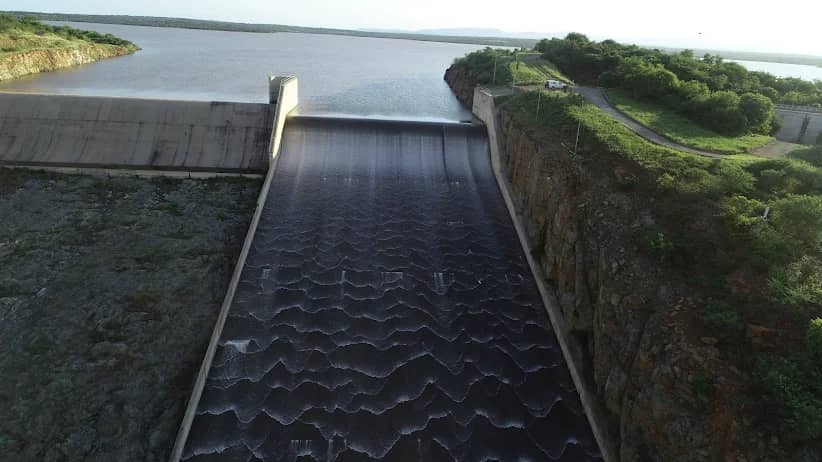
By Zamandulo Ntshalintshali and Nontokozo Gwebu
EWADE’s success in implementing impactful agricultural projects has not only improved local livelihoods but also positioned Eswatini as a compelling destination for private sector investment.
As reported by Penresa, an independent consulting agency specializing in marketing and communication for emerging markets and economies, EWADE has become a linchpin in Eswatini’s development strategy regarding agriculture, especially in rural areas where the need for horticulture is pivotal.
EWADE’s journey began with the Komati development project, a pioneering venture that converted 6,000 hectares of land into fertile agricultural plots, creating a model for alleviating poverty through commercial irrigation.
“This initial project showcased what was possible,” says Dr. Samson Sithole, CEO of EWADE. “It didn’t require heavy promotion because the impact was visible to both investors and farmers alike.”
The success of Komati bolstered EWADE’s credibility and paved the way for the Lower Usuthu Smallholder Irrigation Project (LUSIP), which was rolled out in two phases. The first phase covered 6,000 hectares, and the second phase—currently underway—is expected to be completed by 2026.
These developments have contributed significantly to Eswatini’s growth by enhancing large-scale irrigation, clean water, and agricultural diversification. EWADE’s role in enabling smallholder farmers to expand into commercial production is a critical component of its mission.
Projects like Ndzevane are helping farmers grow high-demand crops like bananas, which are exported to South Africa.
From the early success of the Komati Projects to the ongoing expansion of LUSIP and the Mkhondvo-Ngwavuma Water Schemes, this initiative reflects the government’s broader vision of inclusive growth, creating jobs, attracting private investors, and empowering smallholder farmers.
As Eswatini continues on this path, EWADE’s model stands as a testament to how agriculture, when supported by innovation and partnership, can drive economic and social change.
Additionally, EWADE plans to develop an Eco-City, an urban center that will provide housing, educational facilities, and commercial spaces. “Eco-City will be a new kind of development in Eswatini, addressing the need for modern infrastructure in a sustainable way. It’s an exciting move beyond agriculture to support community welfare and growth,” says Dr. Sithole.

With a strong focus on sustainability and community engagement, EWADE is redefining perceptions of agriculture’s role in national development. “Companies are prepared to fund areas traditionally covered by government, such as water infrastructure,” Dr. Sithole notes.
EWADE has attracted significant international investment, with private sector contributions expected to triple government investment in future projects. “Private sector interest has skyrocketed,” Dr. Sithole says.
As Eswatini continues to leverage agriculture as a tool for development, EWADE’s projects stand as examples of what is possible through visionary planning and inclusive partnerships.
